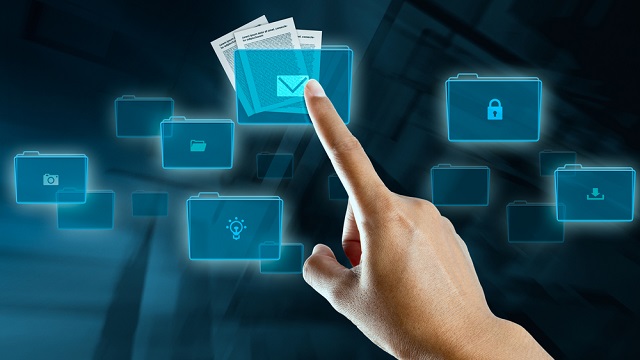The Value of a Complaint

I’m writing this blog post from tens of thousands of feet above the midwestern United States, on an airline that I won’t name here. The flight got off to a rocky start, and before we left the airport I had lodged a complaint with the airline via Twitter and its website. Should I be rewarded for doing so? You bet.
Feedback is important to every large organization, and complaints are one of the ways that big companies get feedback from their customers. Not every complaint supplies valuable information, though. The ones that do are gold – they save companies money in monitoring and provide early warnings of problems. The ones that don’t are easily ignored.
Back to my airline experience: I used miles to upgrade my flight, but some things weren’t up to par: the priority line was no faster than the regular line, the water cooler in the airline lounge belched dirt and crud into my plastic cup, and there were no choices for lunch entrees. The airline might not care much about food options – as everyone knows, they apologize if your choice is not available – but the health hazard in the lounge will probably get their attention.
I tipped them off, so I deserve something in return. And if the airline wants more useful complaints from customers, they should offer rewards routinely. Trivial or false complaints would get nothing, of course, but useful ones – and smart customers will often know the difference – might get a small bonus like frequent flyer miles or free drinks. It doesn’t take much to motivate people, and a little compensation can suggest genuine contrition when things don’t go the way they should.
Companies that reward helpful complaints can probably expect more loyalty from their customers, too. Customers will know that some failures will be compensated, and they’ll also feel like they’re in a give-and-take with the company – more like equal parties to a transaction than numbers on a computer. Isn’t that worth a few free drinks?
Image courtesy of Shutterstock





